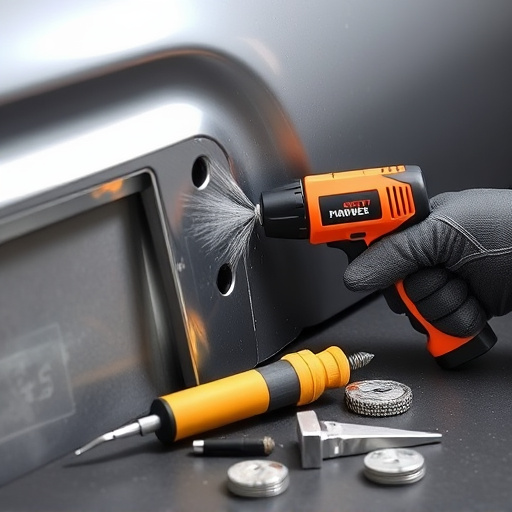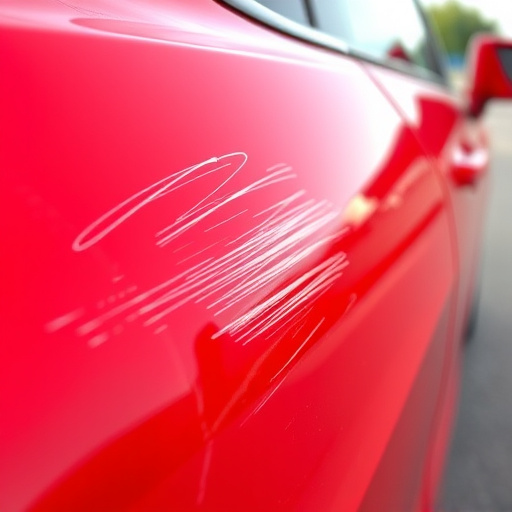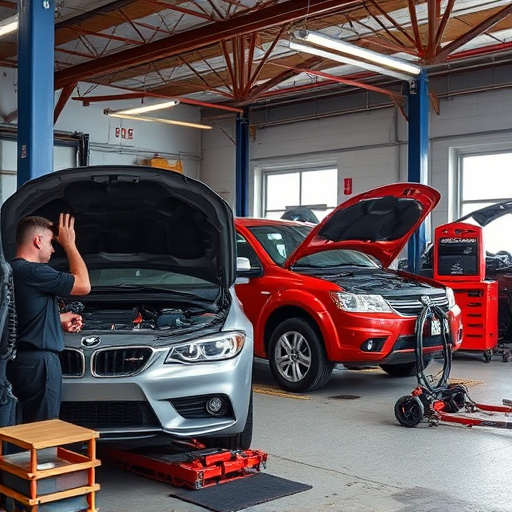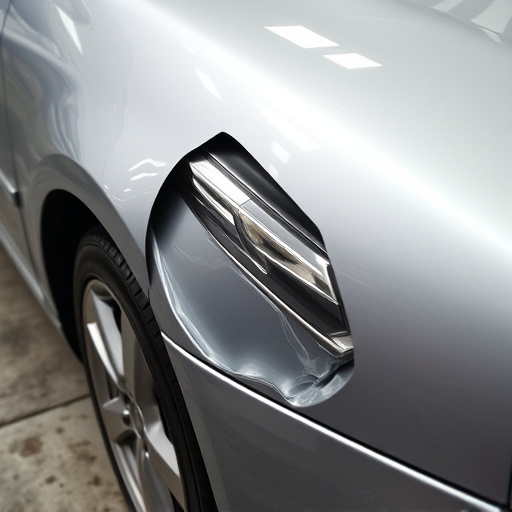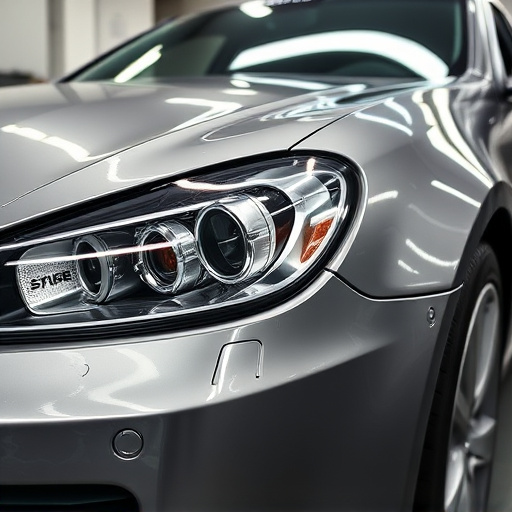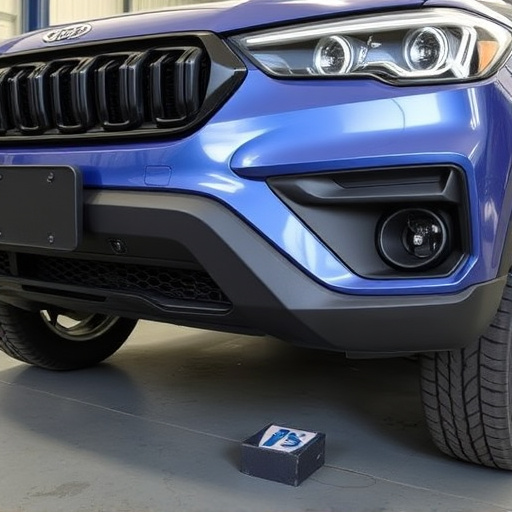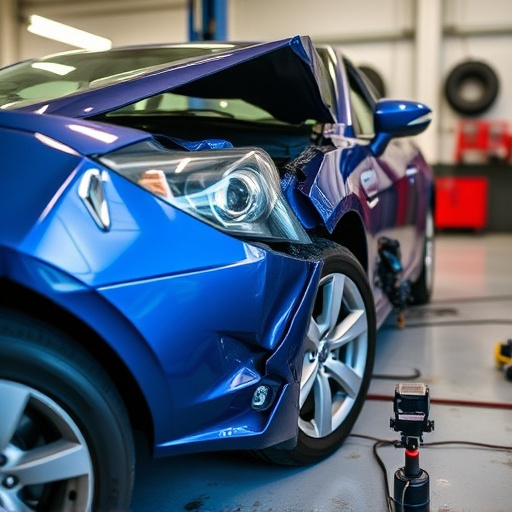By 2025, rain sensor glass repair becomes a pivotal technology for auto maintenance, enhancing safety and efficiency with moisture detection and wiper control. This innovative approach offers bodywork shops a competitive edge while contributing to sustainability by fixing windows instead of replacing them, thus promoting driver safety, vehicle performance, and environmental conservation.
In 2025, rain sensor glass repair remains a vital service, bridging technology with sustainability. As modern lifestyles evolve, so does the need for efficient and safe automotive solutions. This article explores how advanced technology is transforming glass repair practices, with a specific focus on rain sensors. We delve into the advantages these sensors offer in terms of safety, efficiency, and environmental impact, ensuring drivers enjoy clear visions while reducing waste. By 2025, expect rain sensor glass repair to be an integral part of the automotive landscape, enhancing both driving experience and eco-consciousness.
- Technology's Role in Modern Glass Repair
- Safety and Efficiency: The Rain Sensor Advantage
- Environmental Impact and Sustainability
Technology's Role in Modern Glass Repair
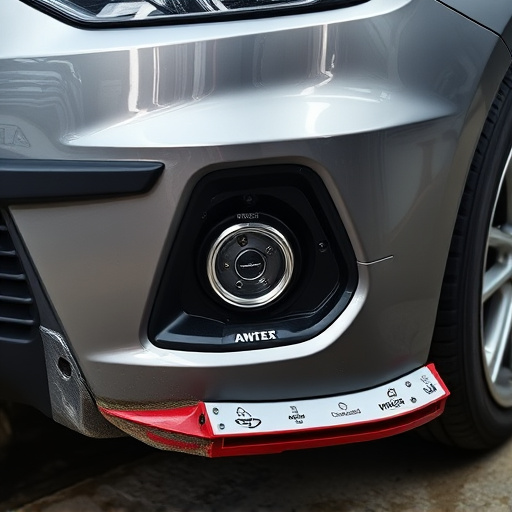
The year 2025 brings about an era where technology plays a pivotal role in enhancing various industries, and auto glass repair is no exception. Rain sensor glass repair, once considered a niche service, has evolved to become a sophisticated process, thanks to technological advancements. Modern sensors are not just about detecting rain; they integrate with advanced vehicle systems, ensuring optimal visibility and driver safety. These sensors, when paired with smart repair techniques, allow for precise and efficient repairs, extending the lifespan of glass without compromising its performance.
In the realm of classic car restoration and auto body repair, technology offers unprecedented precision and customization. Specialized tools and software enable technicians to diagnose issues more accurately and provide tailored solutions. This level of expertise ensures that vehicles, whether modern or vintage, receive the best care possible. As vehicle restoration becomes increasingly popular among enthusiasts, the integration of technology in glass repair will continue to be a game-changer, ensuring both functionality and aesthetics are met.
Safety and Efficiency: The Rain Sensor Advantage
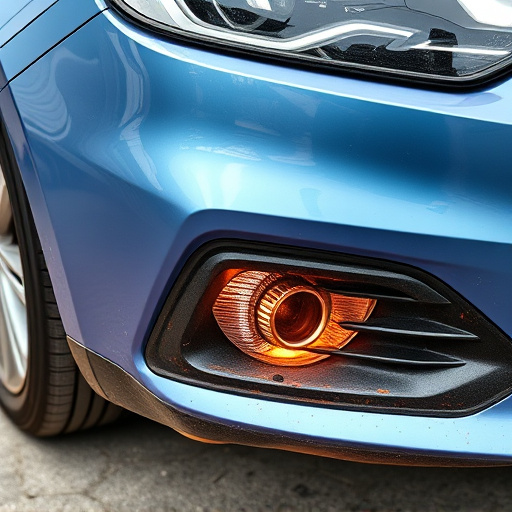
In today’s fast-paced world, where convenience and safety are paramount, rain sensor glass repair remains an essential aspect of automotive maintenance. This advanced technology plays a crucial role in enhancing both the efficiency and security of vehicles. The primary advantage lies in its ability to detect moisture on windshield glass, automatically adjusting the wipers for optimal cleaning performance. This feature is particularly valuable during heavy rainfall or adverse weather conditions, ensuring drivers maintain clear visibility and control.
By integrating rain sensors into glass repair services, car bodywork shops offer a distinctive advantage over traditional repairs. Unlike a simple replacement, this technology adds a layer of protection against future incidents, especially common in fender bender accidents where water damage can go unnoticed. Automotive restoration professionals who embrace this innovation not only cater to modern vehicle requirements but also contribute to safer driving experiences, making rain sensor glass repair a significant consideration for 2025 and beyond.
Environmental Impact and Sustainability
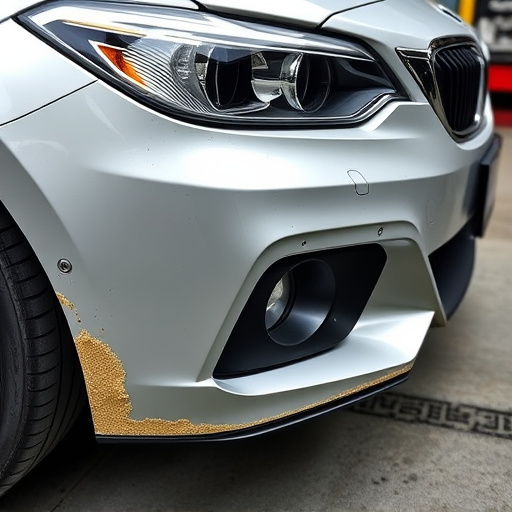
In an era where environmental concerns are at the forefront, the automotive industry is undergoing a significant transformation. Rain sensor glass repair plays a pivotal role in this shift towards sustainability. The traditional method of replacing entire windshields or car windows can contribute to immense waste and resource depletion. By specializing in repairing rain sensors, which are integral components of modern vehicle technology, dedicated shops offer an eco-friendly alternative. This practice reduces the demand for raw materials required in manufacturing new glass panels, thereby minimizing environmental impact.
Moreover, these specialized repairs extend the lifespan of existing auto glass, diverting it from landfills and reducing energy consumption associated with production. Unlike fender repair or scratch repair services that focus on aesthetic improvements, rain sensor glass repair addresses a critical safety feature. As vehicles continue to evolve with advanced technology, ensuring these components function optimally is essential for driver safety and vehicle performance, while also contributing to a greener future for the automotive sector and beyond.
Despite advancements in technology, rain sensor glass repair remains a vital service in 2025. While modern solutions offer increased convenience and efficiency, the unique benefits of rain sensor glass repair – enhanced safety, improved driving experience, and reduced environmental impact – continue to make it an indispensable practice. As we navigate the evolving landscape of automotive technology, prioritizing these specialized repairs ensures a smoother, more sustainable journey ahead.

